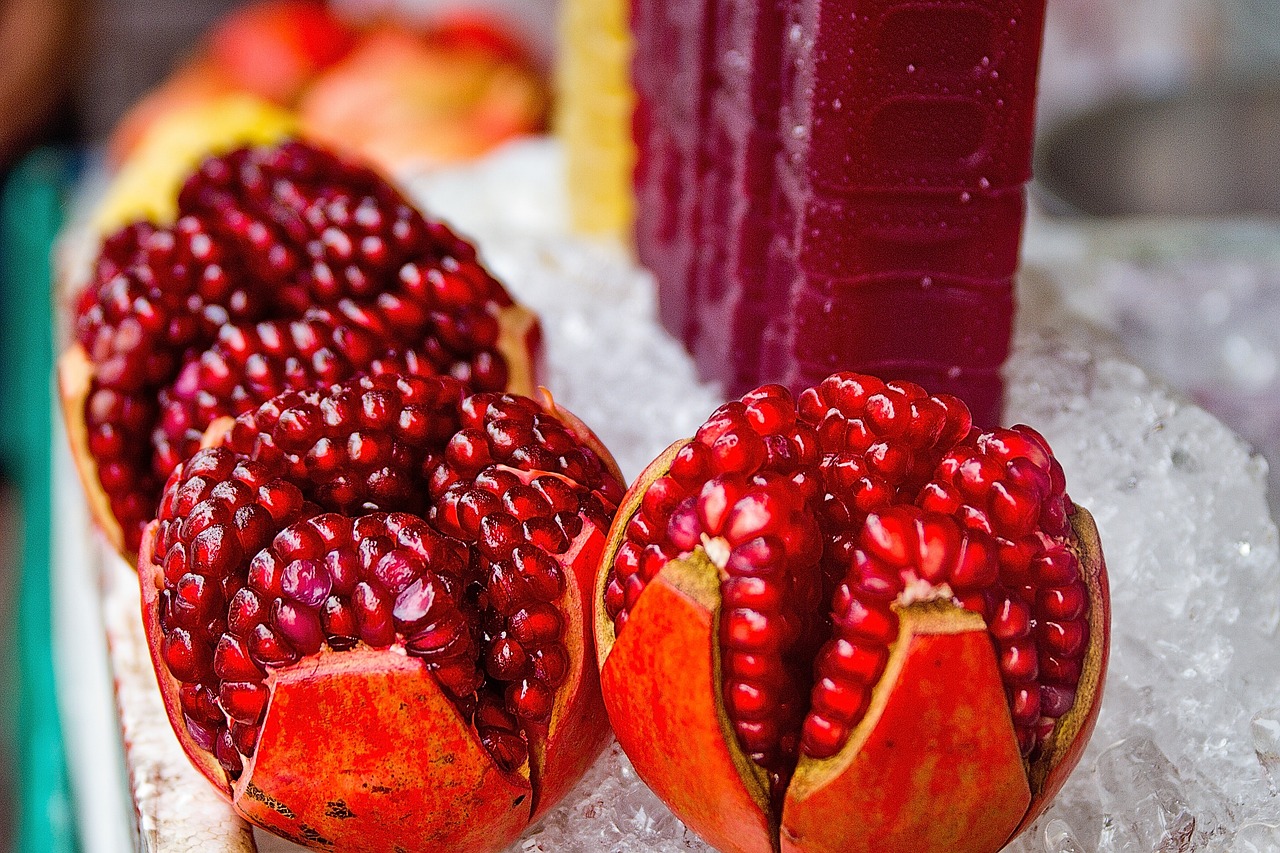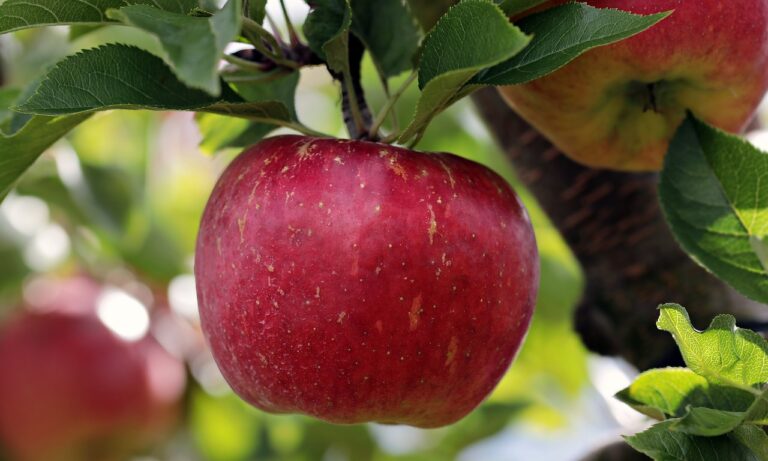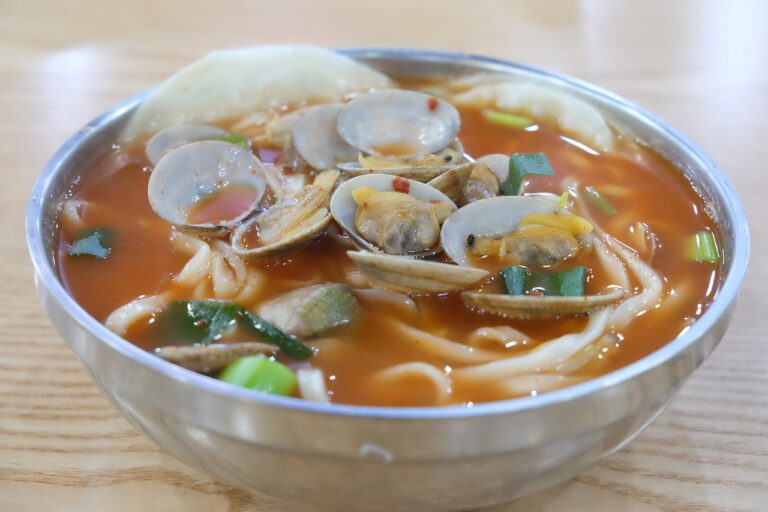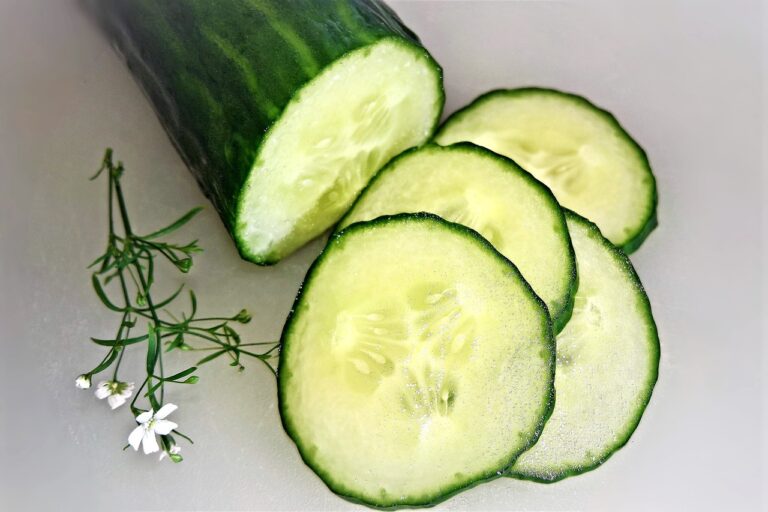10 Awesome Reasons Why You Are Craving Pomegranate

Pomegranates, with their ruby-red arils bursting with sweet, tangy juice, are not only a visual and sensory delight but also a powerhouse of nutrition. Cravings for this exotic fruit can be driven by a variety of factors, from nutritional needs to emotional associations. Here, we explore the multifaceted allure of pomegranates through ten compelling reasons that might explain why you’re craving this delectable fruit.
Why Am I Craving Pomegranate?
1. Nutritional Deficiencies
When your body craves specific foods, it’s often signaling a nutritional need. Pomegranates are rich in vitamins C and K, folate, potassium, and fiber, which are essential for various bodily functions, including immune support, blood clotting, and digestive health. If you’re craving pomegranates, your body might be seeking these nutrients to compensate for a deficiency.
Moreover, the craving could be a sign of your body’s intuitive push towards antioxidants. Pomegranates are loaded with antioxidants, particularly tannins, anthocyanins, and ellagic acid, which help fight oxidative stress and reduce inflammation. This natural craving could be your body’s way of prompting you to consume foods that will bolster its antioxidant defenses.
2. Emotional and Psychological Factors
Cravings can also stem from emotional and psychological needs. Pomegranates, with their rich, vibrant color and sweet, satisfying taste, can be a source of comfort during emotional lows or stress. The act of eating pomegranates, which involves patiently removing the arils, can also serve as a mindful activity that reduces stress.
Furthermore, if you have positive associations with pomegranates from past experiences, such as family gatherings or festive celebrations, you might crave them as a way to relive those happy memories. Food is closely tied to emotions, and craving pomegranates might be your mind’s way of seeking emotional fulfillment or nostalgia.
3. Seasonal Changes
Cravings for pomegranates can also be influenced by seasonal changes. Typically, pomegranates are in season from October through February in the Northern Hemisphere. As the season approaches, you might find yourself longing for the taste of fresh pomegranates, either due to the body’s natural inclination towards seasonal foods or the anticipation built up from waiting through the off-season.
This seasonal craving is also a reflection of the body’s adaptation to eating seasonally available foods, which can be more nutritious and flavorful. Consuming fruits in season ensures you’re getting them at their peak nutritional value and taste, making the craving for pomegranates a healthy response to seasonal changes.
4. Dietary Monotony
A diet lacking in variety can lead to cravings as your body seeks a change. If you’ve been eating a repetitive menu, the unique taste and texture of pomegranates can be a delightful deviation. The craving could be a signal from your body for diversity in your diet, encouraging the intake of different nutrients and flavors.
Adding pomegranates to your diet can break the monotony and introduce a new set of nutrients, enhancing both your meal’s nutritional value and your overall dining experience. This variety is crucial for a balanced diet and can make meals more enjoyable and satisfying.
5. Hydration Needs
Given that pomegranates have a high water content, craving them might indicate a need for hydration. Especially in warmer climates or after exercise, your body may desire foods with high moisture content to replenish fluids and prevent dehydration.
Consuming pomegranates can be an enjoyable way to meet your hydration needs while also benefiting from their rich nutrient profile. This craving signifies the body’s intuitive search for foods that can provide both hydration and nutritional benefits.
6. Influence of Media and Social Networks
In today’s digital age, exposure to images and discussions about food on social media can significantly influence cravings. If you’ve seen enticing photos of pomegranates or pomegranate-based dishes online, it might spark a desire for the fruit. This phenomenon, often referred to as “food porn,” can make us crave foods we see online, even if we weren’t thinking about them before.
The social aspect of eating and the desire to try trendy foods can also play a role. As pomegranates often feature in healthy eating trends, you might be inclined to include them in your diet to partake in these health movements, driven by both curiosity and the influence of social networks.
7. Pregnancy
Pregnancy can bring about intense cravings for specific foods, and pomegranates are no exception. These cravings are believed to be the body’s way of signaling a need for certain nutrients that are vital for the development of the fetus. Pomegranates, being nutrient-dense, can satisfy these demands, offering a wide range of vitamins, minerals, and antioxidants.
Moreover, the sweet and tangy taste of pomegranates can help alleviate morning sickness for some pregnant women. The craving for pomegranates during pregnancy can thus be a combination of seeking nutritional benefits and relief from pregnancy-related discomforts.
8. Improved Digestive Health
Craving pomegranates could be a sign that your body is seeking foods that aid in digestion. The fiber in pomegranates helps regulate bowel movements and prevents constipation, making them an excellent choice for digestive health. Additionally, the compounds in pomegranates have been shown to promote the growth of beneficial gut bacteria, contributing to a healthy gut microbiome.
If you’re experiencing digestive issues or simply want to maintain a healthy digestive system, your craving for pomegranates might be your body’s intuitive way of guiding you towards foods that can support these goals.
9. Seeking Natural Sweetness
For those looking to reduce their intake of processed sugars, craving pomegranates can be a natural inclination towards healthier, natural sources of sweetness. Pomegranates provide a satisfying sweet taste without the negative health effects associated with high-sugar foods. This craving can be part of a broader desire to enjoy sweet flavors in a more health-conscious way.
Incorporating pomegranates into your diet can satisfy sweet cravings while also offering the nutritional benefits of fruit. This natural sweetness is not only healthier but can also help reduce reliance on processed sugars in the long term.
10. Antioxidant Boost
In a world where we’re constantly exposed to pollutants and stressors, our bodies crave foods that can combat oxidative stress. Pomegranates are among the highest in antioxidant content among fruits, making them an ideal choice for an antioxidant boost. Craving pomegranates can be your body’s way of seeking out these protective compounds to enhance your body’s defense against free radicals.
The antioxidants in pomegranates, such as punicalagin and anthocyanins, offer various health benefits, including reduced risk of chronic diseases and improved heart health. By craving and consuming pomegranates, you’re essentially aiding your body in its efforts to maintain optimal health in the face of environmental and internal stressors.
Understanding the reasons behind your cravings can provide insights into your body’s needs and emotional state. Whether it’s for nutritional benefits, emotional comfort, or simply the pleasure of their taste, pomegranates can be a valuable addition to your diet. Listening to your body and incorporating a variety of foods, including pomegranates, can help you achieve a balanced and healthy lifestyle.






